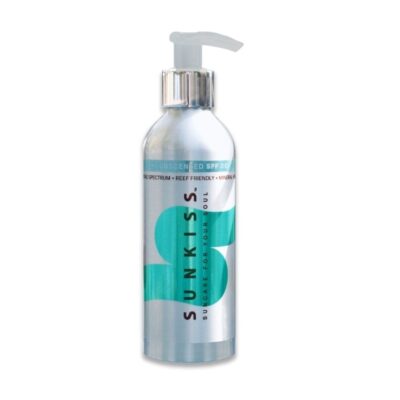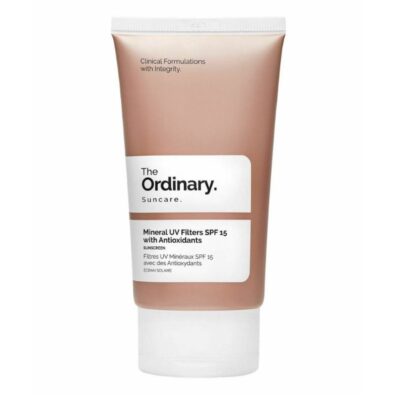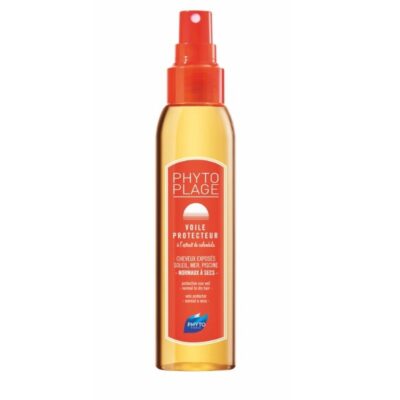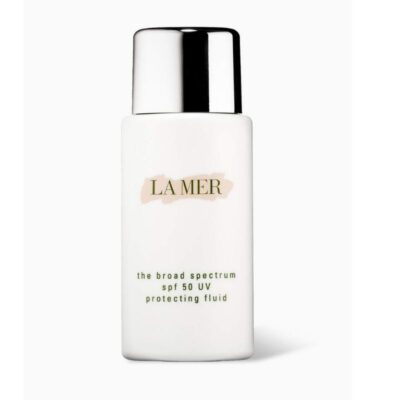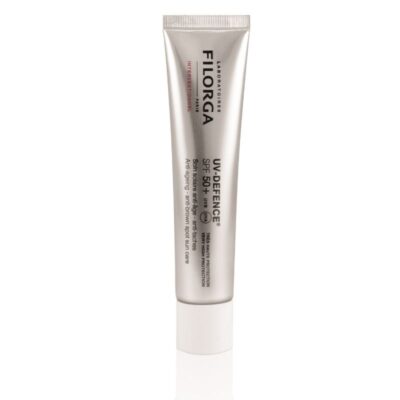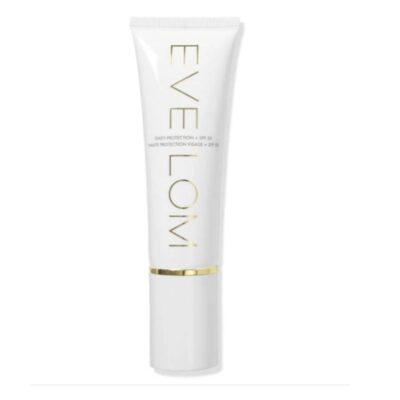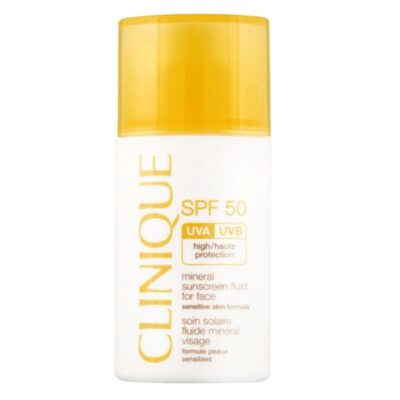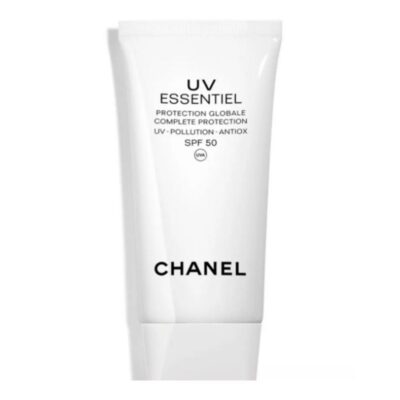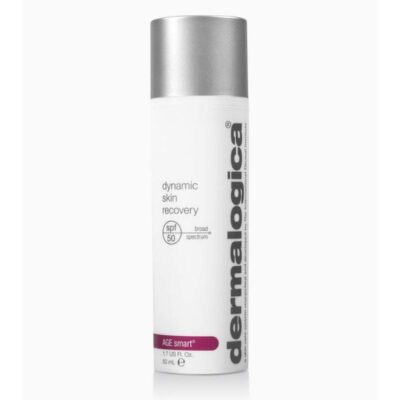Here in the UAE, we’re blessed with year-round sunshine, bringing the holiday vibes direct to our door. The downside, however, is the effect that it’s having on our skin.
Sun damage shows itself in the form of dullness, uneven pigmentation and loss of firmness, with UV rays responsible for more than 90 per cent of visible signs of ageing including wrinkles, sagging and skin discolouration. That’s why it’s more important than ever in invest in a decent facial sunscreen, which you can carry with you year round.
What is SPF?
SPF stands for Sun Protection Factor, and measures the level of protection a product will give you from UVB rays. The number on the front indicates how long a product allows us to stay in the sun without burning – if you burn after 10 minutes with no protection, applying an SPF15 will protect you for 15 times that, so 150 minutes.
Do I really need SPF 50?
Not necessarily. The British Association of Dermatologists recommend always using a minimum SPF of 30, which blocks 97 per cent of UVB. SPF 15 only blocks 93 per cent, while SPF 50 blocks 98 per cent. That means the difference between 30 and 50 is about 1 percent, however every bit of extra protection can be beneficial if you are very fair or spending a lot of time in direct sun.
Is the SPF in my foundation enough?
With so many SPF formulations leaving our skin looking greasy, it’s no wonder so many of us rely on what’s already built into our daily moisturiser or foundation instead of investing in a separate SPF. We hate to break it to you, but that isn’t going to give you adequate protection against the sun’s UVA and UVB rays because it’s rare that enough product will be applied.
Most experts agree that around 1-1.5 tsps of sunscreen need to be applied to get the right amount of protection, which is much more than the average amount of foundation a person uses. Luckily SPF formulations have come a long way in recent years, so they sit much better under make-up now.
I have sensitive skin and sun creams make me break out – what should I do?
Keep an eye on the ingredients list. Chemical agents such as benzophenones can cause skin reactions, so opt for simply formulas with no fragrances or preservatives. If all else fails, a mineral powder sun cream could be your saviour, as most cause little to no irritation and feel weightless, so it’s a win/win.
Scroll through our edit to fine the perfect SPF for you, and happy tanning.

Versace SS 2021
Read Next: The 7 Best Face Masks For All Skin Types


